Return On Sustainability Investment™
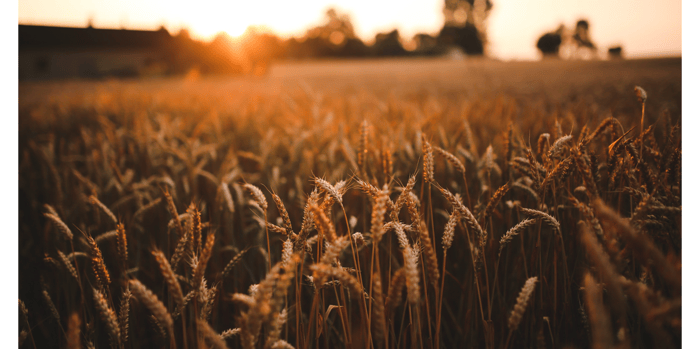

ROSI™ empowers food & agriculture companies to drive value across the supply chain by monetizing investments in sustainable business practicesAfter decades of maximizing food production to lower costs and keep up with population increases, the food & agriculture industry is now urgently faced with material issues impacting the environmental, social, and economic sustainability of their businesses. Climate change-induced ecosystem impacts, farmer and worker safety, supply chain disruptions, and consumer behavior shifts present challenges as well as significant opportunities to invest in sustainability initiatives that deliver both financial value and positive societal impact.
Leveraging the unique Return on Sustainability Investment (ROSI™) methodology developed by NYU Stern CSB, The Food and Agriculture Sustainability Strategies Framework identifies 12 sustainability strategies that can be applied across the value chain to address these challenges, develop more resilient organizations, and drive financial value.

Click here to explore each of the strategies, including specific practices and monetization tools that can help calculate the financial benefits of sustainability investments.
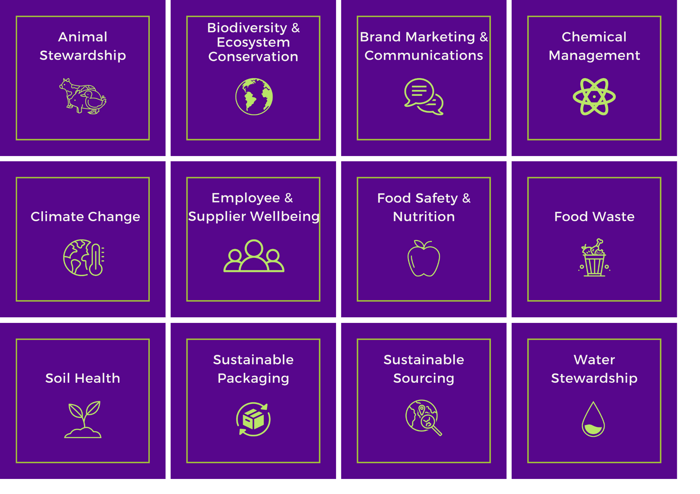
Mediating factors: benefits are categorized across nine impact categoriesCustomer Loyalty: Attract an increasing community of conscious buyers & consumers, while reducing retention costsInnovation: Create new revenue streams using sustainable business modelsMedia Coverage: Increase a company's media presence with the development of traditional and social media contentOperational Efficiencies: Optimize corporate and supply chain efficiencies to lower cost and increase profitsRisk Management: Encourage risk mitigation and resilience within the value chainSales and Marketing: Increase volume of sales through brand and marketing policiesStakeholder Engagement: Improve goodwill among the broader stakeholder community (e.g. NGOs)Supplier Relations: Improve upon the relationships between the company and its suppliersTalent Management: Attract and retain high-quality talent
Case Studies
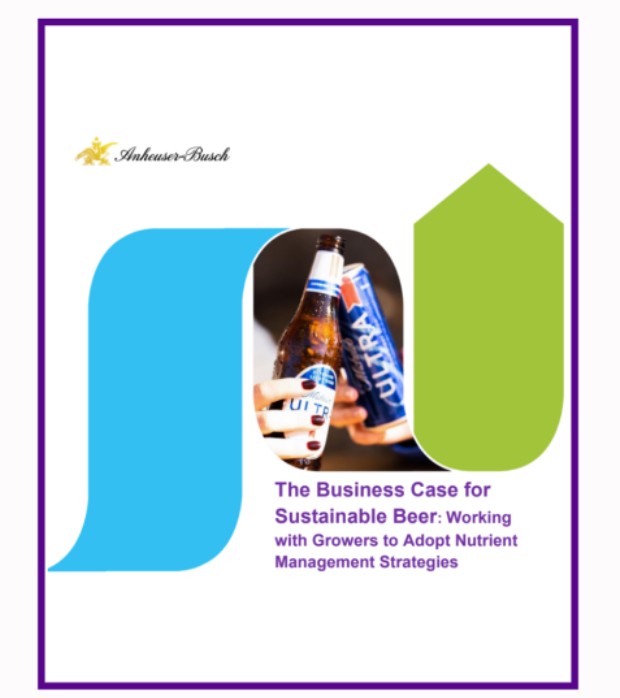
Anheuser-BuschAnheuser-Busch (AB) explored the benefits of ROSI's soil health strategy. Working with barley growers to accelerate the adoption of nutrient management practices on-farm improved operating efficiency, reduced Scope 3 carbon emissions, and enhanced brand value. ROSI results show benefits amounting to ~$40 million in 10-year NPV and an average annual operating income improvement of ~$7.5 million.
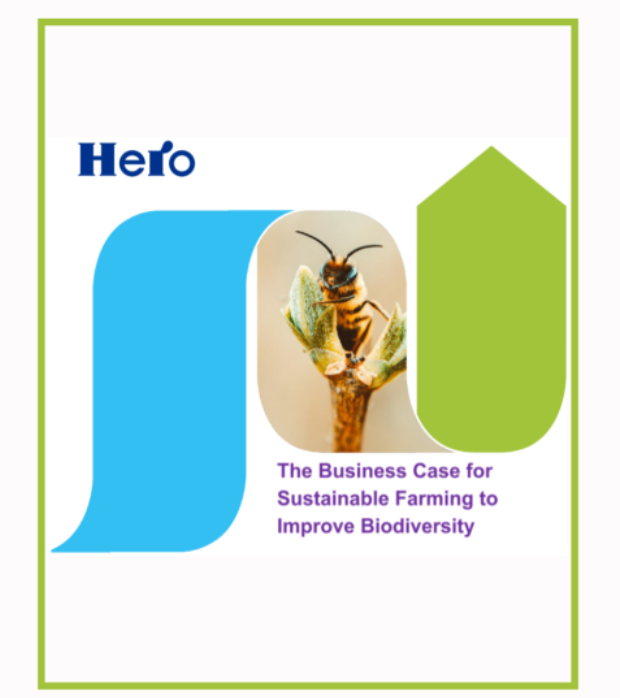
Hero GroupHero Group explored the benefits of ROSI's biodiversity and ecosystem conservation strategy. Working with farmers to promote sustainable bee-friendly farming practices improved fruit pollination and yields, reduced input costs for growers and led to carbon sequestration benefits for achieving Scope 3 targets. A 10-year NPV of €3.6 million (before costs) was estimated with an average annual operating income impact of €650K.
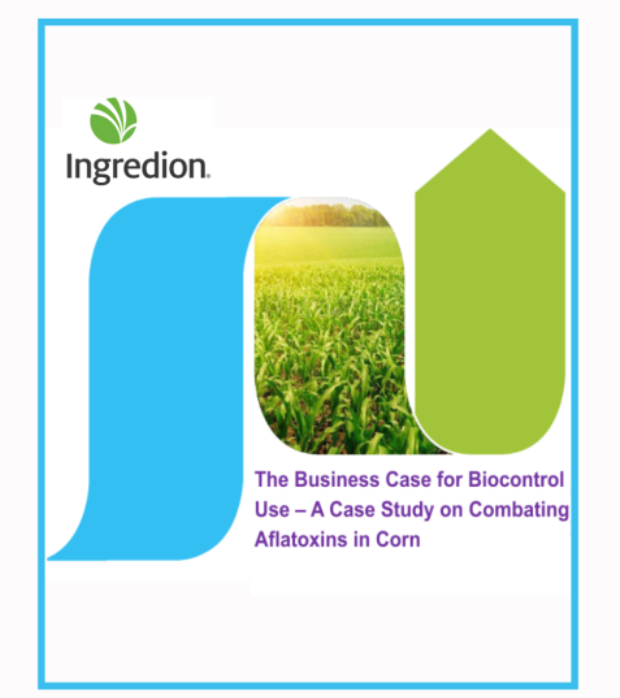
IngredionIngredion explored the benefits of ROSI's food waste strategy. Working with an affiliate corn grower to promoting the use of AflaPak™, an aflatoxin biocontrol product, to reduce on-farm waste in corn increased sellable yields for growers, lowered risk of supply disruption, and improved operational efficiency for the company. The results showed the potential for a 9.3x return on investment to develop AflaPak™ and a 10-year NPV ~$15.5 million.
The Food and Agriculture Sustainable Strategies Framework was created from various projects applying the ROSI methodology to real company divisions and processes. View additional case studies that informed the framework including with Greyston Bakery, Kashi, McDonalds, Natra, and Nespresso.
Thank You to our Sponsor, Company Partners, and Research TeamThe framework was designed with the practical knowledge from ROSI™ collaborations. Inputs into the framework include HSBC-funded research projects, with partners AB InBev, Hero Group, and Ingredion as well as individually-funded ROSI projects with Applegate, Cargill, Investindustrial, Mars, and McCormick.
CSB contributors to the project include Tensie Whelan, Chisara Ehiemere, Elyse Douglas, Divya Chandra, Rithu Raman, Maggie Paruta, and consulting support from Martin Delaroche. Lastly, we thank our student assistants Kathryn Danielsen (MBA '21), Alice Davison (MBA '24), and Stella Yao (MPA '21).
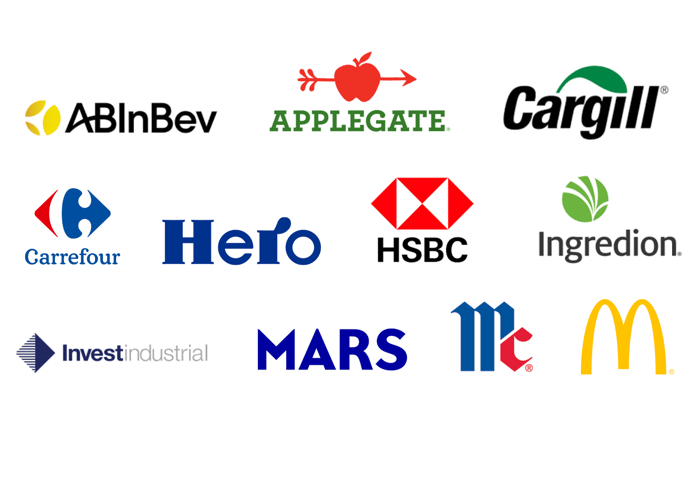
Published by
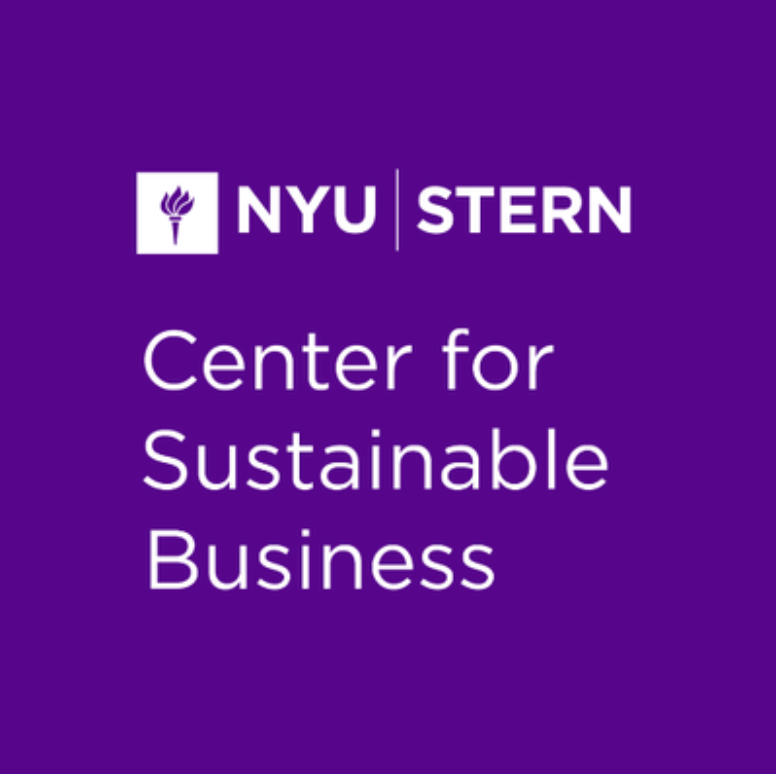 NYU Stern Center for Sustainable Business
NYU Stern Center for Sustainable Business
 NYU Stern Center for Sustainable Business
NYU Stern Center for Sustainable Business

